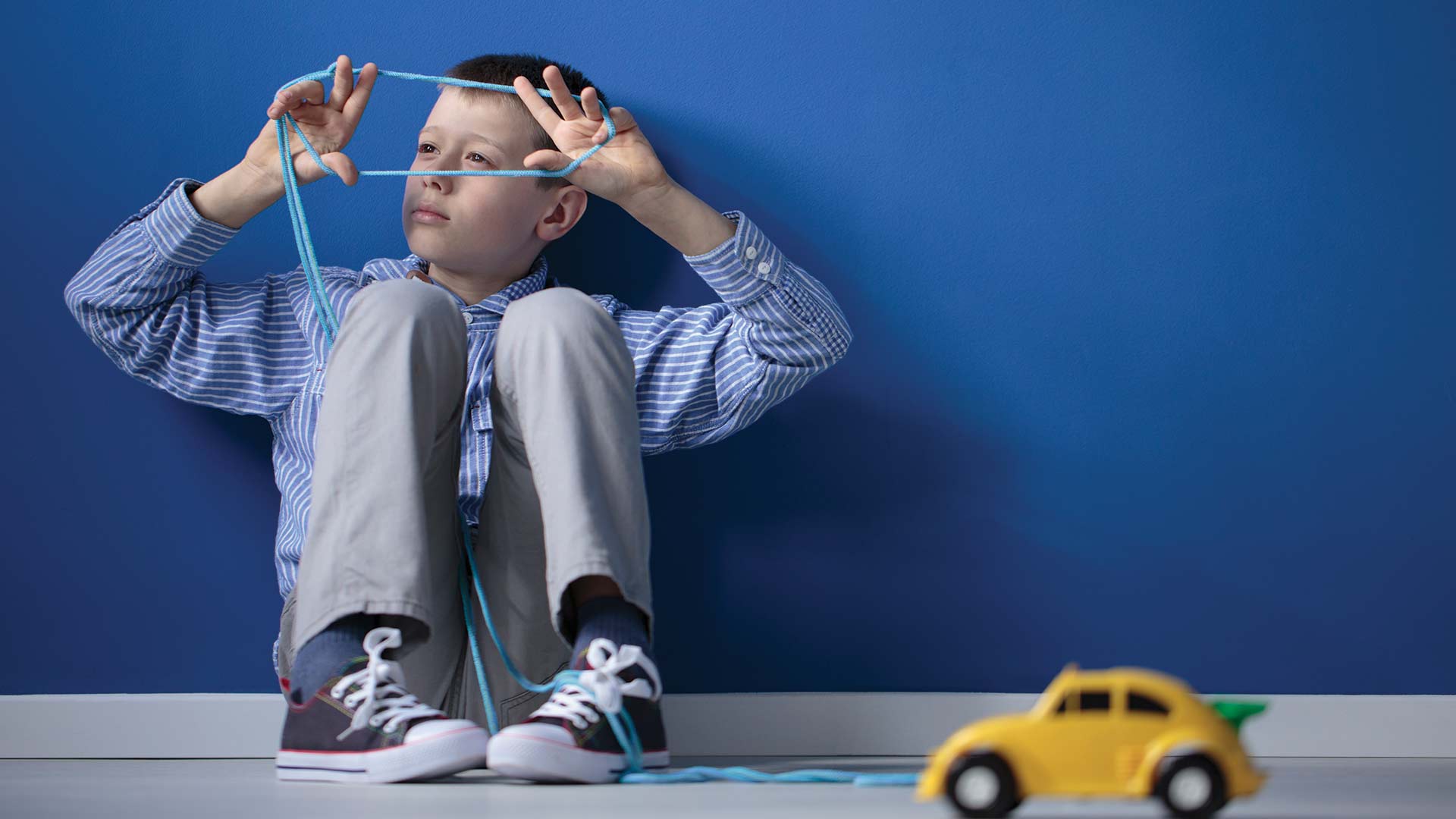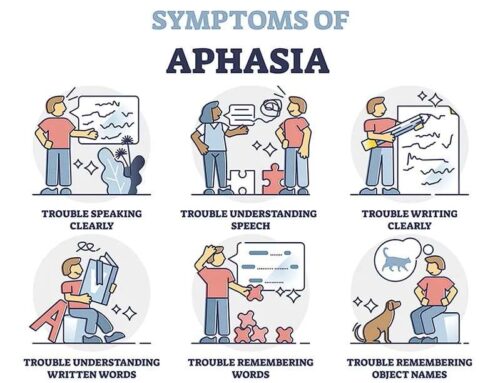Autism Spectrum Disorder (ASD) is a developmental disability that affects communication and behavior. Although autism can be diagnosed at any age, it is typically diagnosed in childhood. People with ASD may have difficulty with social interaction, communication, and repetitive behaviors.
Symptoms of ASD
Symptoms of ASD can vary widely from person to person. Some people with ASD may have mild symptoms, while others may have severe symptoms. Common symptoms of ASD include:
- Difficulty with social interaction, such as making eye contact, starting conversations, and understanding social cues
- Difficulty with communication, such as speaking and understanding language
- Repetitive behaviors, such as hand flapping, rocking, and lining up objects
- Restricted interests, such as a strong interest in a particular topic or activity
- Sensory sensitivities, such as being hypersensitive to noise, light, or touch
Diagnosis of ASD
There is no single test for ASD. Diagnosis is based on a comprehensive evaluation that includes a review of the child’s developmental history, behavior, and communication skills. The evaluation may also include standardized tests and interviews with the child’s parents or caregivers.
Treatment for ASD
There is no cure for ASD, but there are treatments that can help people with ASD manage their symptoms and improve their quality of life. Common treatments for ASD include:
- Applied behavior analysis (ABA): ABA is a type of therapy that focuses on teaching skills and reducing challenging behaviors.
- Speech therapy: Speech therapy can help people with ASD improve their communication skills.
- Occupational therapy: Occupational therapy can help people with ASD develop fine motor skills and sensory processing skills.
- Social skills training: Social skills training can help people with ASD learn how to interact with others in social situations.
- Medication: Medication may be used to treat specific symptoms of ASD, such as anxiety, hyperactivity, and aggression.
Supporting people with ASD
There are many things that can be done to support people with ASD. Here are a few tips:
- Be patient and understanding. People with ASD may need more time to process information and respond to others.
- Provide clear and concise instructions. Avoid using vague language or giving multiple instructions at once.
- Create a structured and predictable environment. This can help people with ASD feel more comfortable and less anxious.
- Respect their interests and preferences. People with ASD may have strong interests and preferences. Allow them to pursue these interests and activities.
- Be a good role model. People with ASD learn by watching others. Demonstrate the social and communication skills that you want them to learn.
Autism awareness
It is important to be aware of ASD and to be accepting of people with ASD. ASD is a spectrum disorder, which means that people with ASD can have a wide range of abilities and challenges. It is also important to remember that people with ASD are still individuals with their own unique personalities and interests.
Autism Spectrum Disorder (ASD) is a complex developmental disability that can affect communication and behavior. There is no cure for ASD, but there are treatments that can help people with ASD manage their symptoms and improve their quality of life. It is important to be patient and understanding when supporting people with ASD, and to create a structured and predictable environment for them. By being aware of ASD and accepting of people with ASD, we can create a more inclusive society for everyone.
If you are serious about learning, then one-on-one classes at OrbRom Center are the best way to go. Our experienced teachers will help you achieve your academic goals. Contact us TODAY.
Welcome to OrbRom Centre
Choosing learning support for your child is one of the most important decisions you will make, and I welcome you to discover more about why OrbRom is the best option in Phnom Penh.

H. Sophaneth B.Ed, M.Ed





Leave A Comment